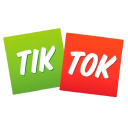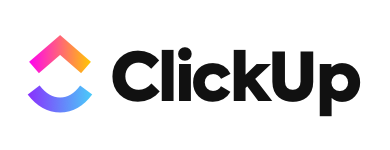How I Built An AI Search Tool With No Programming Skills [Growing Fast!]
Hello! Who are you and what business did you start?
Hi! My name is Bob. I come from a digital marketing background and own an SEO agency for tech startups. However, I’ve always been super fascinated with AI and jumped on the AI bandwagon in November of last year, when ChatGPT came out.
When coming up with a business idea, it's important to focus on your strengths.
I always wanted to create a scalable product such as a SaaS but didn't have a background in computer science or any extensive knowledge in programming. However, with the help of ChatGPT, I was quickly able to create websites and build more complex software. This was what sparked me to create AI Search.
I’ve only finished building it around late March and have only started to monetize it recently, so I can't share any amazing revenue stats yet(hopefully soon!). I’ve made $318 so far.
However, the amount of traffic that I am getting organically has grown to well over 1000 users per day. This seems to be all coming in organically from Google and social media. I haven't seen such quick growth before while doing minimal marketing, so this is what gives me validation and...
























